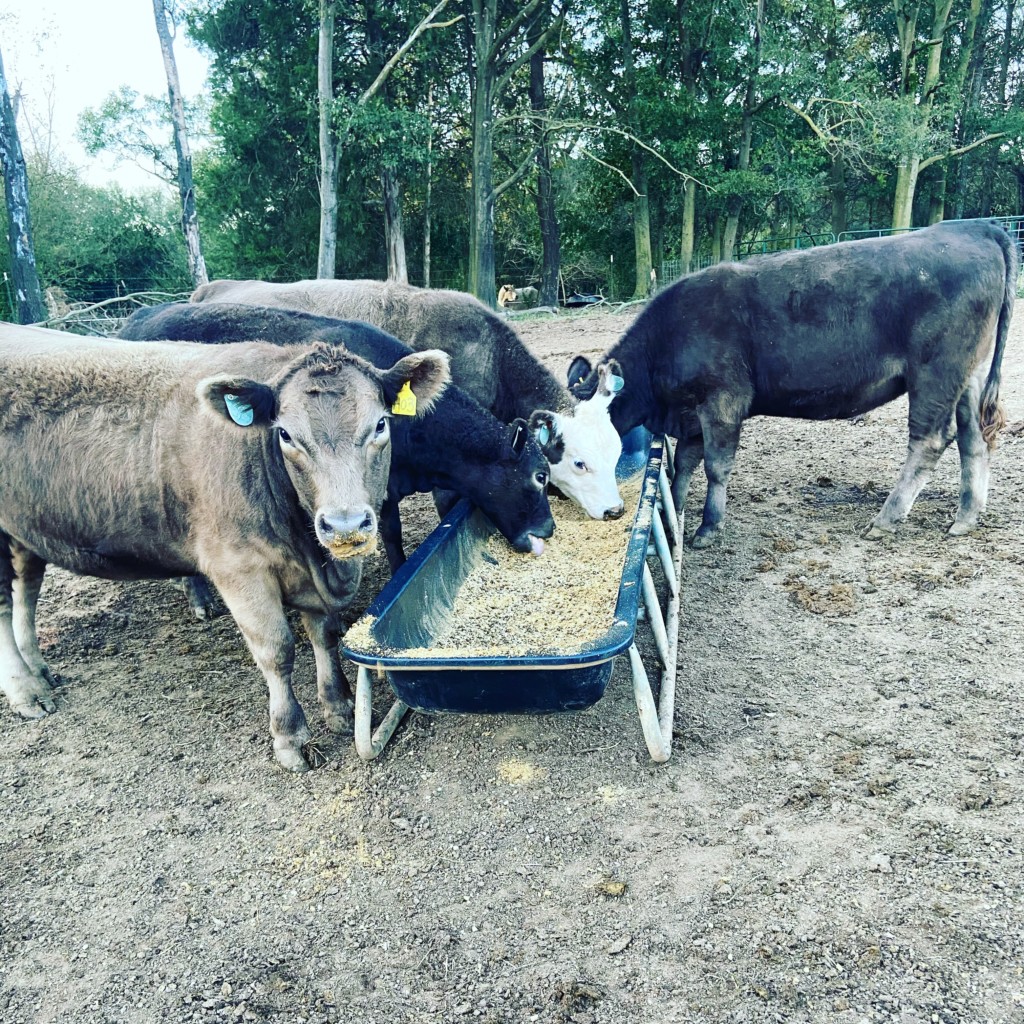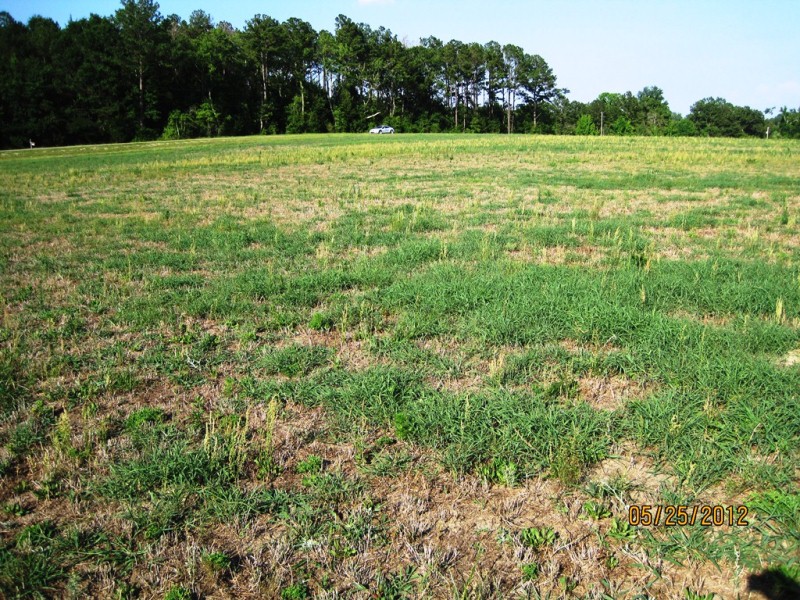Recent Posts
-
Being a rural community there are numerous homes that are serviced by private water supplies in Madison County. Although the water coming from the tap may appear clear and taste good, do you know that its really safe? Water may contain dissolved minerals, organic compounds or even live organisms at harmful concentrations. Contaminated water used…
-

Our office receives many calls from home and land owners frustrated with unwanted animals troubling their homes or yards. Some wildlife may be cute but they can cause significant damage and headaches for homeowners. Whether they’re rooting through your trash, tearing up your garden, or presenting a disease threat to your pets and families, nuisance…
-

Harvesting fresh fruit from your home orchard can be a delicious way to add beauty, taste, and variety to your landscape and diet. The best time to plant fruit trees in Georgia is in the fall. “Growing fresh fruit can be rewarding and fun but can also provide its share of frustration,” said Bob Westerfield,…
-
Fire ants are the most common insect pest of home lawns. Fire ant control is a never-ending battle in the South, but there are steps you can take to keep your lawn and landscape relatively free of these troublesome pests. The easiest, cheapest, most effective thing you can do to control fire ants is to…
-

I have been with UGA Extension for 15 years and in that time, I have had the opportunity to travel and visit with cattlemen from around the state and country. Large or small, the successful producers all have a few things in common, but probably not the things you are thinking of. Certainly, inherited land,…
-
Radon is an odorless gas that seeps out of soil and rock and into the air. It is formed when uranium that is found in soil and rock, breaks down, emitting radon gas. While radon is not dangerous outdoors, if it emerges under a home it can seep in and reach dangerous concentrations. The only…
-

Did you know that between 75% and 95% of all flowering plants on the earth need help with pollination? They need pollinators. Pollinators help over 180,000 different plant species and more than 1200 crops. That means that 1 out of every 3 bites of food you eat is there because of pollinators. In addition to…
-

Gardeners have used compost for centuries to increase soil organic matter, improve soil physical properties, and supply some of the essential nutrients for plant growth. Composting is a method of speeding natural decomposition under controlled conditions. Many types of organic materials can be used for compost. This is an easy way to transform your landscape…
Posted in: Gardening -

Bermudagrass decline is a term that broadly describes the gradual thinning and sometimes the outright loss of pasture grass stands over time. The term is broad because the problem is often linked to several different causes. These primary causes are often exacerbated by extreme environmental stresses like drought, heavy rainfalls, harsh winters, and late spring…
-
I have recently received numerous calls about problems with tomato plants. This time of the year we typically see issues start to arise in our flourishing gardens. Two of the most common problems are leaf spots and blossom end rot. There are three leaf spot diseases commonly found on garden tomatoes: Septoria leaf spot, early…